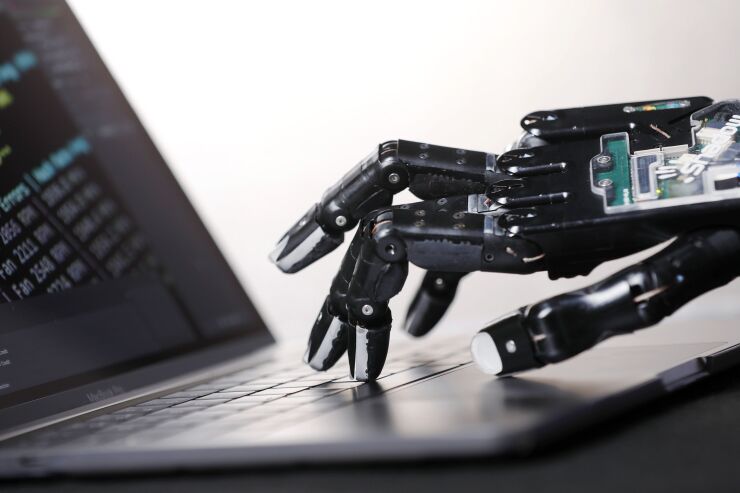As companies look toward the future of work post-pandemic, technology is expected to play an outsized role. Willis Towers Watson is utilizing AI-driven software to launch a new program called WorkVue, which will help organizations reevaluate workplace efficiency and cost.
“Before stability is restored, organizations will want to be prepared with a work strategy for how automation and their permanent and contingent talent combine to meet their goals,” says Tracey Malcolm, global future of work leader at Willis Towers Watson. “As organizations prioritize their COVID-19 response, it’s important to balance immediate needs with the ability to rebound and remain viable long term.”
WorkVue allows companies to redesign the way their work is organized by using AI-driven visualizations. The software also helps evaluate ways to optimize work using technology and talent and reconfigure job rolls to maximize productivity and efficiency.
“[Employers] can use AI to support their decisions around how they want to improve a job, work through alternatives, and then get the business case for making those decisions,” Malcolm says. “So if you, for example, want to improve performance for certain work, and you want to have the performance augmented with a type of technology most related to the work, you're going to be able to see the effect of that in terms of saved time and costs.”
Half of workers used some form of AI at work in 2019, a jump from 32% in the previous year, according to a
“From a technology standpoint, companies are beginning to realize that they need to invest in AI,” Walker says. “AI will give people different opportunities to do different interesting things that they'd never conceived of before. Workers will not be unemployed; they'll be differently employed.”
With WorkVue, employers can analyze work at a task level, gain greater clarity into mission-critical work and better adapt to changing business needs. Their analysis can reveal independent versus interactive tasks, allowing them to identify which aspects of work can be performed remotely and ensure all types of work are suitably supported.
Employers can pick from over 7,500 job descriptions in the software, or upload their own job description, and then select tasks that apply to the job to allocate time and costs. The AI function classifies the type of work to propose a “reinvention goal,” Malcolm says. For repetitive, physical work, the software may help set a goal to reduce variance or error, and offer automated options.






